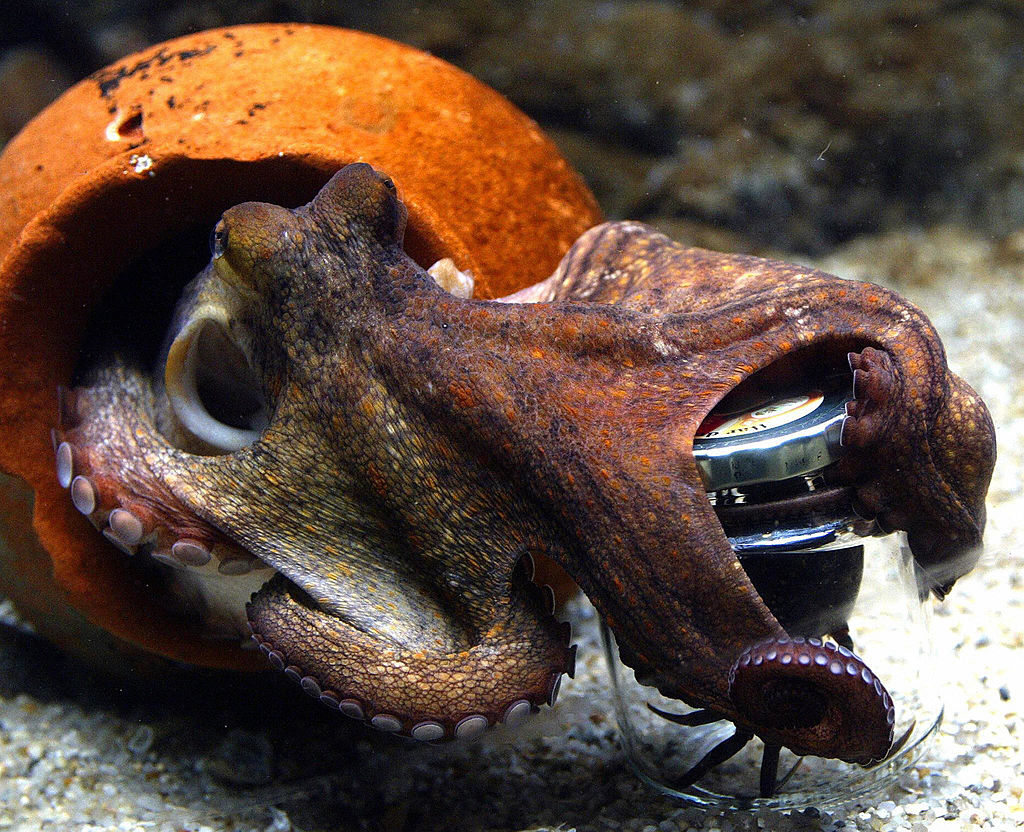Recent breakthroughs in artificial intelligence have sparked fears of a potential singularity, where technology surpasses human control. However, those concerned about AI overtaking humanity can look to the natural world for perspective. The octopus, with its ability to mold itself into various shapes, use camouflage, and make strategic decisions, showcases a level of complexity that current robotics technology has not been able to replicate. This highlights the vast gap between AI and the abilities of living organisms that have evolved over millions of generations.
Despite being a mollusk, the octopus possesses a level of consciousness that goes beyond simply accessing information from a database. Donald Griffin, a pioneer in the study of animal cognition, believed that a broad range of species exhibit some degree of consciousness due to the evolutionary efficiency of decision-making abilities. He argued that natural selection would favor creatures with the ability to make decisions in response to changing threats and opportunities, rather than hard-wiring every species for every eventuality. This perspective challenges traditional views on animal awareness and highlights the complexity of consciousness in the natural world.
Griffin’s argument regarding the presence of consciousness in a variety of species is not universally accepted, and the debate on animal awareness remains contentious. The idea that even primitive creatures possess some level of decision-making abilities for survival and reproduction raises questions about the nature of consciousness and its evolutionary significance. While Griffin’s perspective offers a revolutionary view of animal cognition, it is not yet widely embraced by the scientific community, leaving room for further exploration and debate on the topic.
The complexity of animal consciousness, as exemplified by the octopus, underscores the limitations of current AI technology in replicating the capabilities of living organisms. While AI has made significant advancements in various fields, such as pattern recognition and data processing, it still falls short of the intricate decision-making processes seen in nature. The evolution of consciousness over millions of years has resulted in organisms that can adapt to diverse environments and challenges, a feat that current AI systems have yet to achieve.
As AI continues to advance, the study of animal consciousness provides valuable insights into the complexities of decision-making and adaptability in living organisms. By examining the capabilities of creatures like the octopus, researchers can gain a deeper understanding of the evolutionary processes that have shaped consciousness in the natural world. While fears of a technological singularity persist, the comparison between AI and animal cognition serves as a reminder of the vast differences in complexity and adaptability between artificial and biological systems.









